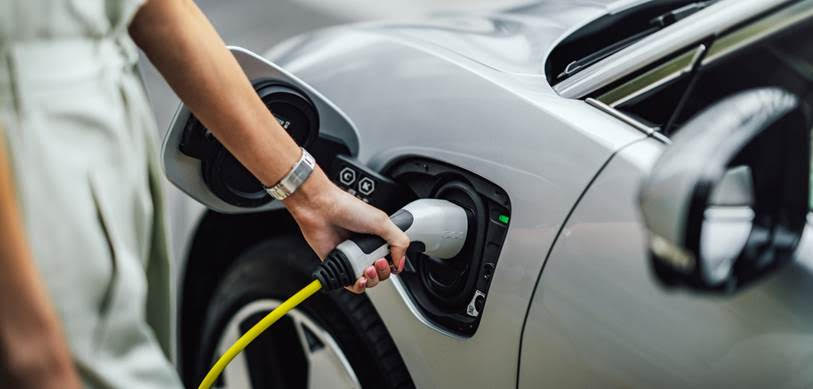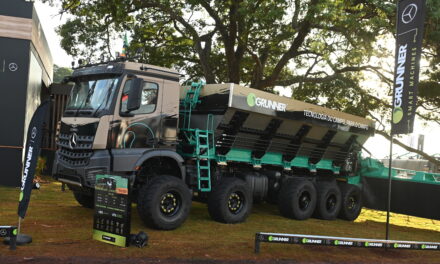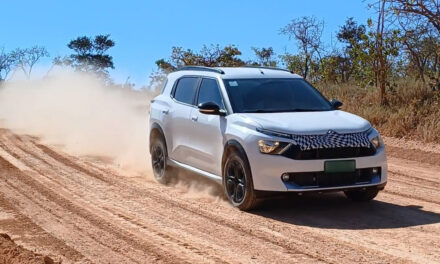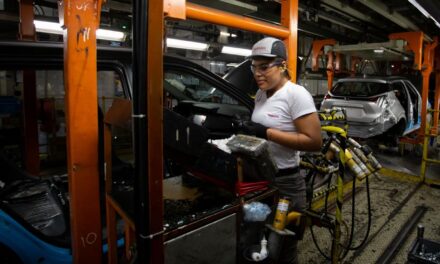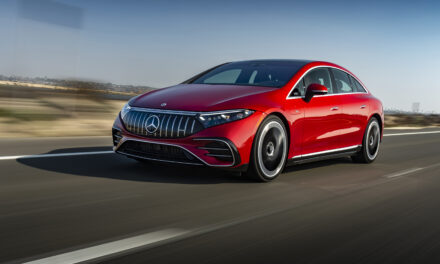By Alzira Rodrigues | Translated by Jorge Meditsch
The imported electric vehicles’ tax exemption is disturbing Brazilian manufacturers. Anfavea’s president, Márcio de Lima Leite, addressed the matter this Tuesday, 2/7, at the presentation of the sector’s January balance, which shows a 104% growth in full electric vehicle sales this year to 753 units compared to 368 cars in the same month in 2022.
Hybrid vehicles – which are produced locally by Toyota and Caoa Chery – grew 71.1% in the same comparison to 3,748 registers (2,190 in 2022). According to Anfavea’s president, it is necessary to establish a date to end the benefit of imported electric cars:
“We are not talking about ending the tax exemption. Anfavea defends local production, and for manufacturers to invest in the country, we need previsibility. We want to create conditions to produce electric vehicles in the country, we do not want to flood the Brazilian market with products from countries with lower production costs”.
Leite defended creating rules to help manufacturers schedule their next investments. The import tax for combustion engine vehicles in Brazil is 35%.
For Anfavea’s president, the import tax exemption could even exist for extremely low sales volume models, such as luxury vehicles, which induce technology but do not compete with local jobs.
- VW deixa de produzir o Taos na Argentina e México abastecerá o Brasil - 4 de abril de 2025
- Extreme, versão topo do T-Cross, é destaque da VW na ExpoLondrina - 4 de abril de 2025
- Vendas diretas crescem mais do que o varejo automotivo - 3 de abril de 2025

